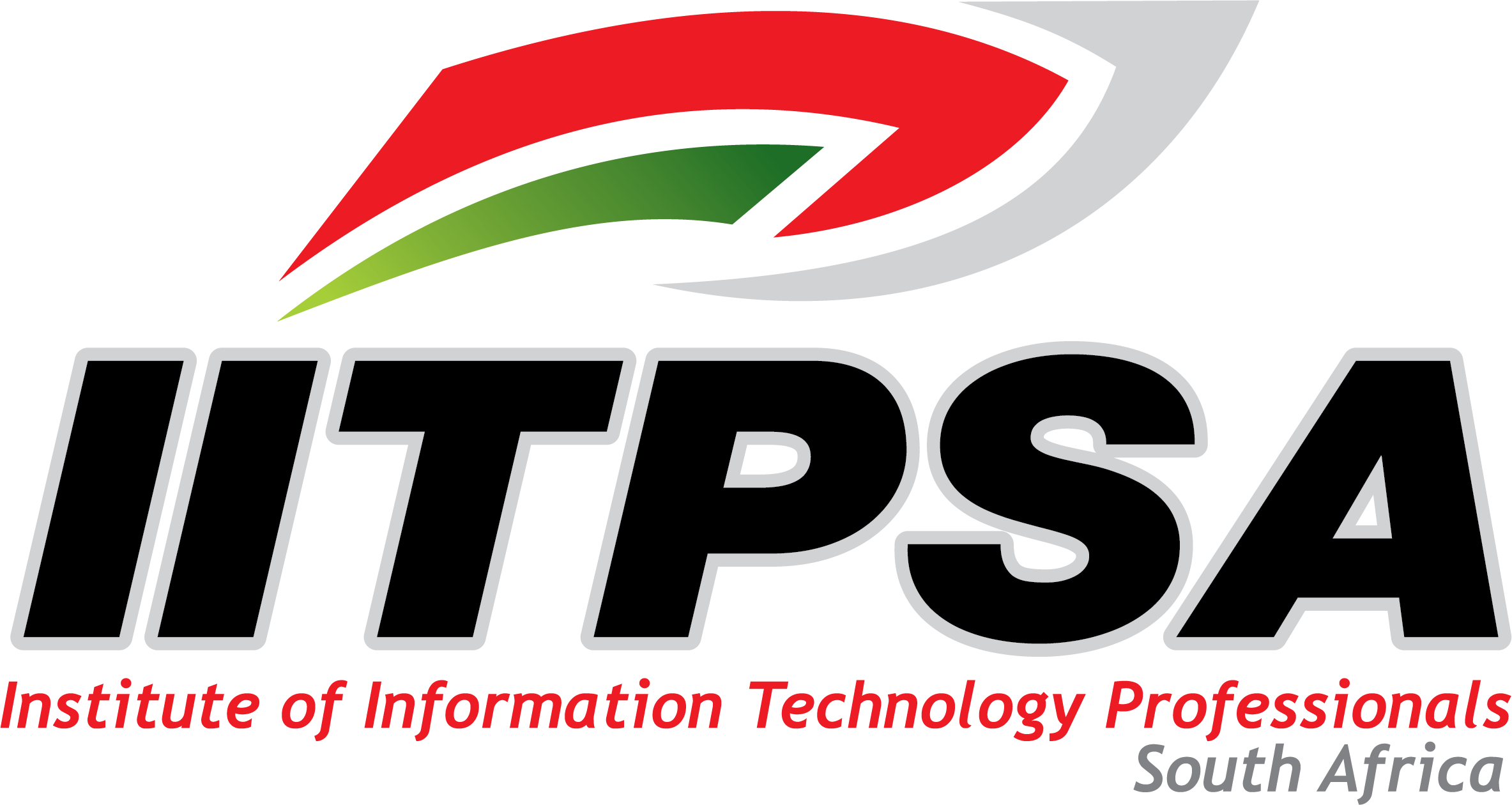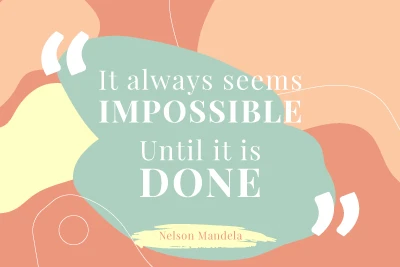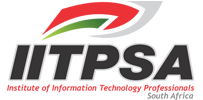In her final Ethics in IT column of the year, Josine Overdevest reflects on her vision of a truly ethical digital society and suggests building a bridge, using 21st century skills, across the digital divide to bring us closer to that vision
In my first Ethics in IT column this year, I questioned society’s readiness for the negative consequences of rapidly developing digital technologies like machine learning, leading to misinformation, impersonation and perpetuation of bias. Have we considered its potential for public good, or are we caught off guard as it widens the Digital Divide?
I imagined a truly ethical digital society in South Africa, where our education system shapes young digital citizens capable of influencing and participating in the design and use of technology. This includes fostering a community of IT professionals with diverse skills, from computer scientists to ethicists, who contribute to an inclusive society.
Unfortunately, this optimistic vision contrasts sharply with reality. The Digital Divide widens as digital technology outpaces efforts to bridge it, resulting in a scarcity of essential digital skills for economic growth and job creation.
Statistics from the 2022 JCSE – IITPSA ICT Skills Survey and the Harambee Mapping of Digital and ICT roles in South Africa highlight the challenge, with many companies looking for technical skills and outsourcing digital jobs overseas, and university graduates leaving the country. The consequences include losing customers, reduced innovation, and a negative impact on business capabilities.
Efforts to address the skills shortage include poaching from competitors and investing in various digital skills programs for post matrics. However, foundational skills like literacy, numeracy, curiosity and analytical thinking are often lacking, hindering the development of specialist skills.
The business sector looks to universities, but even they struggle to produce enough qualified digital professionals. There’s an urgent call for the basic education sector to lead a skills revolution, emphasizing numeracy, (digital) literacy and 21st skills like creativity, critical thinking, communication and collaboration.
Despite two decades of involvement in the basic education sector, I’m frustrated by the slow adoption of digital education in South African schools. Less than 40% of public schools have functional computer centres, and there’s a shortage of teachers and e-education specialists who can support digital education initiatives. There are so few CAT/IT learners that the subjects aren’t even represented on the list of 11 most popular subjects in the annual NSC School Subject Report. From public schools in rural areas to private schools in the suburbs, the CAT/IT classrooms see few to no learners.
The existence of digital white elephants, digital education interventions that fail or don’t reach their full potential, discourages further investments, creating a cycle of underfunding. From the almost R 11 billion CSI budget for education a mere 2% goes to EdTech, and government spending on digital infrastructure and human resources is minimal.
Yet, amidst these challenges, successful projects and policies do exist. Initiatives like Tangible Africa and the Siyavula Online Maths and Science Platform strive to bring 21st-century skills to classrooms and many corporates and trusts have invested in education interventions. The Department of Basic Education (DBE) has developed policies like the Professional Development Framework for Digital Learning and a Competency Framework is under development. However, nationwide impactful implementation remains a significant hurdle.
So, what if we prioritize these successful projects and policies? What if we apply 21st-century skills to navigate our way out of this challenging situation? What if we analyse the needs of the industry and are curious about the reality in schools? What if we communicate openly about failures, creating a culture of transparency and shared learning for others embarking on similar projects? What if we add a digital component to the nationwide literacy and numeracy interventions? What if we assess which projects are successful and could benefit from additional resources to scale their impact?
What if we leverage collaborative platforms and networks to share best practices and innovative solutions, fostering a collective approach to address the digital skills gap? A gap that might seem unbridgeable when standing on the edge. But in the words of Nelson Mandela, whom we lost 10 years ago this month: “It always seems impossible until it’s done.”


